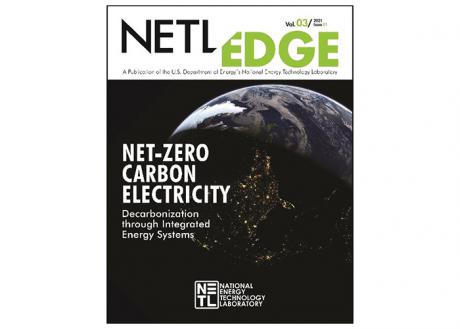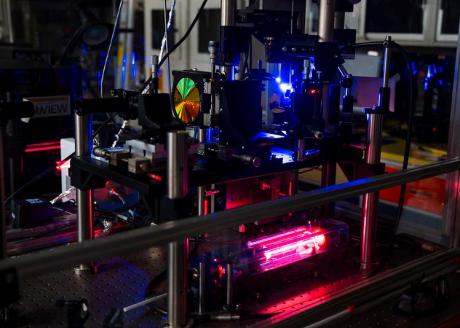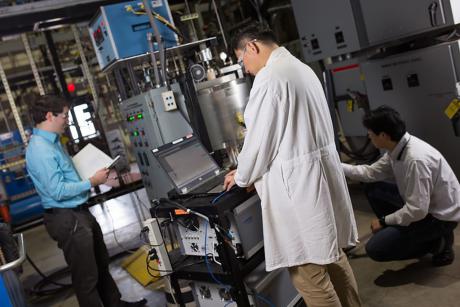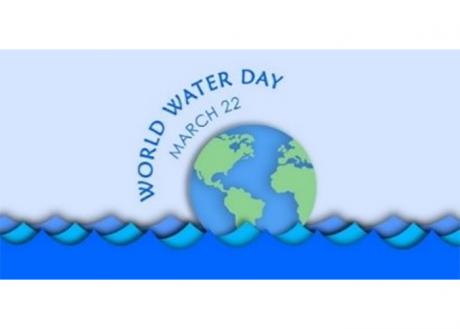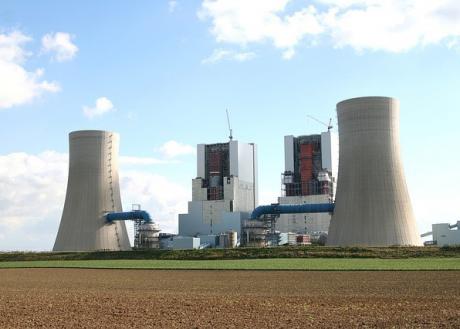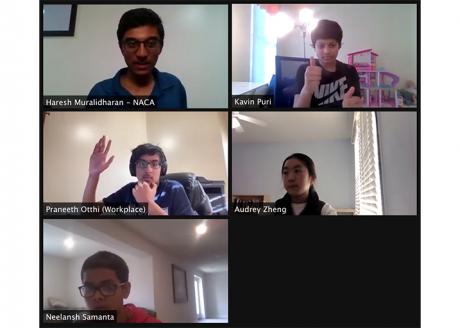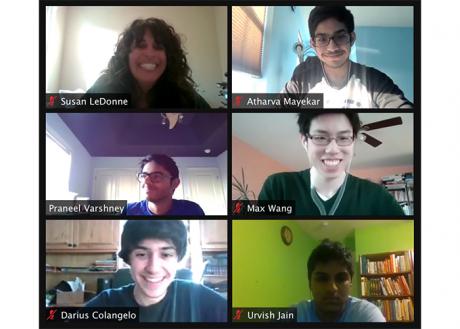The U.S. Department of Energy (DOE) today announced $17.3 million for college internships, research opportunities, and research projects that connect talented science, technology, engineering, and math (STEM) students and faculty with the world-class resources at DOE’s National Laboratories. Awardees represent academic institutions from all across America—including Historically Black Colleges and Universities (HBCUs) and other Minority Serving Institutions (MSIs)—highlighting DOE’s commitment to supporting a highly-skilled, diverse workforce that is equipped to tackle the science, energy, environmental, and national security challenges of today and tomorrow.
“By investing in STEM students and faculty from diverse backgrounds, we can ignite the most creative and innovative ideas to solve our biggest problems and maximize our competitiveness,” said Secretary of Energy Jennifer M. Granholm. “DOE and the Biden Administration are committed to nurturing a skilled workforce that looks like America, and these awards will help us prepare rising stars everywhere to dream up the very best solutions for our nation and our people.”
About
News and Events
Research and Programs
Carbon Management Point Source Carbon Capture Carbon Dioxide Removal Carbon Dioxide Conversion Carbon Transport & Storage Hydrogen with Carbon Management
Resource Sustainability Methane Mitigation Technologies Minerals Sustainability Natural Gas Decarbonization and Hydrogen Technologies Advanced Remediation Technologies Energy Asset Transformation
Key Lab Initiatives Advanced Alloys Signature Center (AASC) Science-based Artificial Intelligence and Machine Learning Institute (SAMI) Center for Microwave Chemistry (CMC) Center for Sustainable Fuels and Chemicals (CSFC)
Energy Technology Development Office of Energy Efficiency and Renewable Energy Battery Workforce Initiative Cybersecurity, Energy Security, and Emergency Response Office of ElectricityGrid Resilience
Business
Library
Explore our Library

Approved Categorical Exclusions Environmental Assessments Environmental Impact Statements Oil and Gas Projects Summaries NETL Fact Sheets NETL Newsletters Publication Search Energy Data Exchange (EDX) FECM External R&D Final Technical Reports Summary Information for External R&D Awards Technical Reports Series (TRS) Peer Review Reports Interagency Working Group Initial Report
- Research and Programs
- Carbon Management
- Core Competencies
- Resource Sustainability
- University Training & Research
- Key Lab Initiatives
- Energy Technology Development
- Featured Infrastructure
- Methane Emissions Reduction Program
-
- Business
- Technology Transfer
-
- Library
- Energy Analysis
-
- About
- News and Events
- Education





